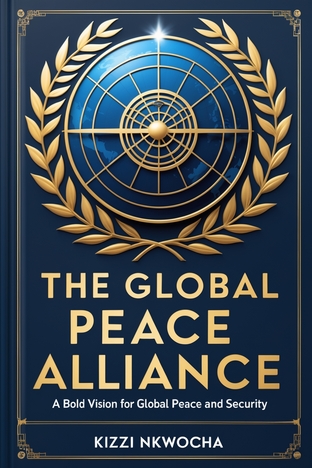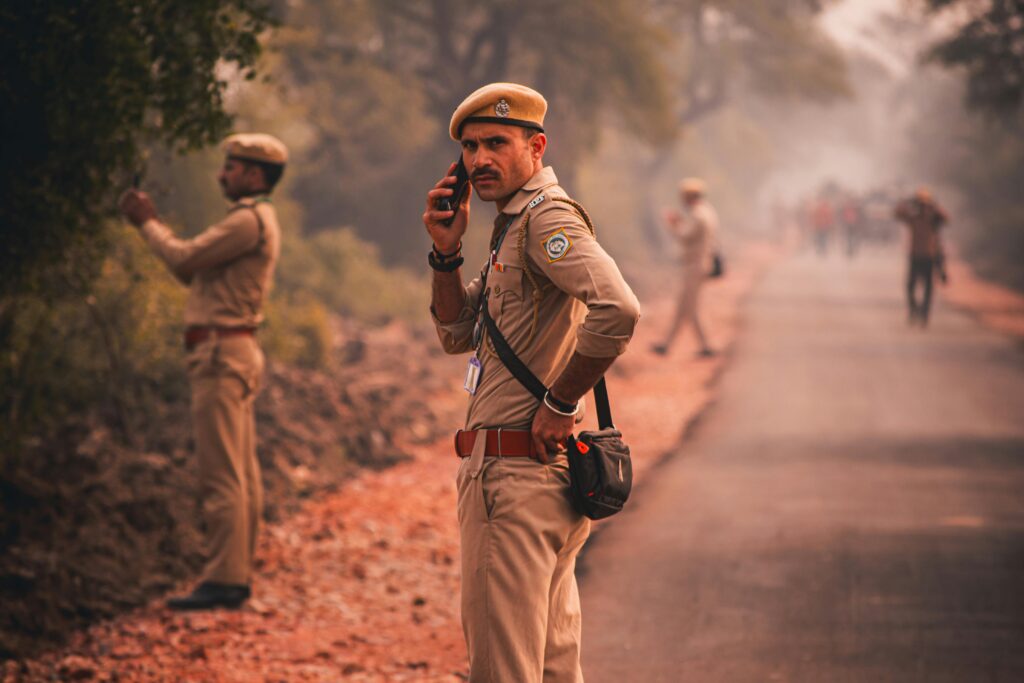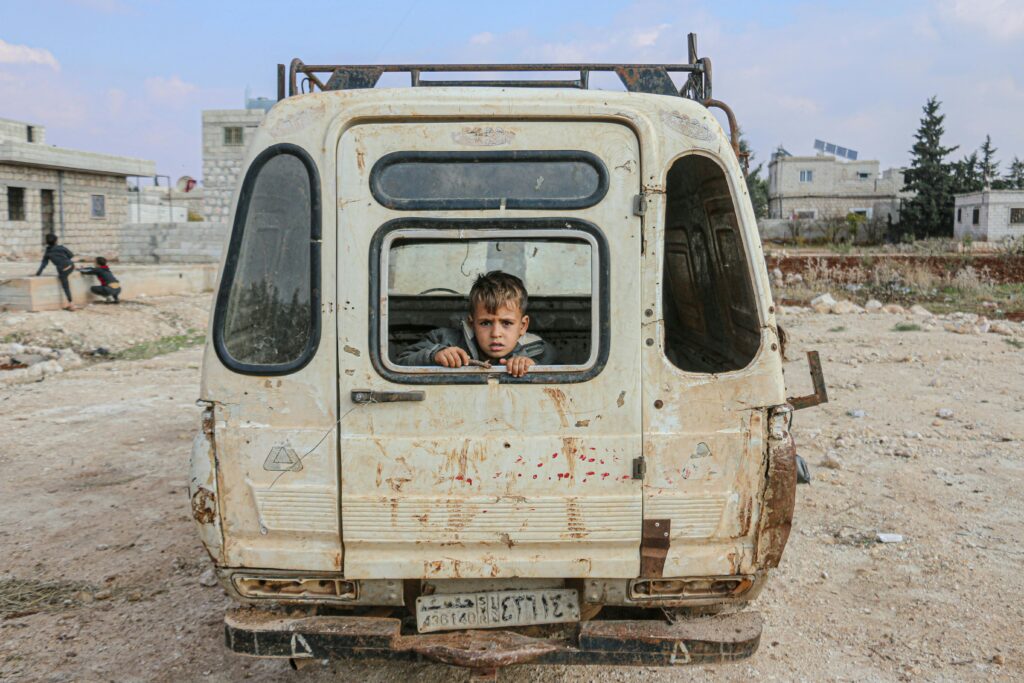The Global Peace Alliance: A Bold Vision for Global Peace and Security

For centuries, war has been the default setting of human conflict—a force that has defined borders, toppled empires, and left behind countless graves. But what if we chose something different? What if we built a system that made war not just unthinkable—but impossible?
In The Global Peace Alliance, Kizzi Nkwocha doesn’t just imagine that future. He shows us how to build it.
At the heart of the book is a radical but clear proposition: that war is not inevitable. That peace is not just a goal, but a system. And that we can—if we act together—create a world where violence is outlawed not just in theory, but in practice.
Why War Must Be Outlawed
Nkwocha lays bare the catastrophic consequences of modern warfare:
-
Over 108 million people displaced globally by conflict.
-
Generations of children without schools, homes, or futures.
-
Entire economies shattered by violence, with recovery often taking decades.
-
Conflicts increasingly waged not between nations, but with militias, extremists, and cyberattacks that ignore all laws.

The book goes deep—country by country, case by case—showing the massive cost of war in Syria, Yemen, Ukraine, Sudan, the DRC, and dozens more. It isn’t just blood that’s spilled. It’s futures. Economies. Civilizations.
And yet, the current international system is woefully inadequate. The United Nations, hamstrung by veto powers and national interests, too often fails to act until it’s too late. Peacekeeping is fragmented, reactive, and under-resourced.
The result? Endless war.
The Global Peace Alliance: A Blueprint for Abolishing War
The core of the book introduces The Global Peace Alliance (GPA)—a bold new framework that would unite the military, diplomatic, and humanitarian forces of all 193 United Nations member states into a single, rapid-response coalition dedicated to stopping violence before it starts.
Key features of the GPA include:
-
A standing peace force with the power to intervene against aggressors anywhere in the world.
-
Rapid deployment protocols that bypass the current red tape of the UN Security Council.
-
Collective enforcement: any country that initiates war would face the combined force of the entire global community.
-
An integrated system for diplomacy, mediation, humanitarian aid, and long-term development, not just military intervention.
The result? War would no longer be a viable option. Any nation considering aggression would know it would immediately face overwhelming resistance—not from one nation, but from all of them.
Why It Would Work: Lessons from History
This isn’t an untested idea. History is full of examples where nations came together to stop a common enemy—and succeeded:
-
Operation Overlord (1944): The Allied invasion of Nazi-occupied Europe turned the tide of WWII.
-
The Gulf War Coalition (1991): 35 nations united to eject Saddam Hussein from Kuwait in just weeks.
-
The defeat of Napoleon (1815): Seven major powers banded together to stop one man’s military empire.
In every case, when countries stood together, war lost. The GPA would turn those temporary alliances into a permanent system of collective peace enforcement.

A Moral and Strategic Imperative
Nkwocha argues that outlawing war is not just morally right—it’s strategically essential. The threats we face today—terrorism, pandemics, climate change, cyber warfare—do not respect borders. No one nation can face them alone. But war distracts us, divides us, and drains the very resources we need to confront our real challenges.
The book dismantles every major objection:
-
“Countries won’t give up sovereignty.” → They won’t have to. The GPA is a coalition, not a takeover.
-
“Global unity is impossible.” → We’ve done it before. WWII, the Paris Accord, NATO, the UN itself. We can act together when the stakes are high.
-
“Peace can’t be enforced.” → Then why have armies at all? The GPA simply gives force a different purpose: defending peace, not fighting for power.
This Book Is a Call to Action
The Global Peace Alliance isn’t just an analysis. It’s a roadmap.
It outlines how the GPA can be built step-by-step: from political agreements and legal frameworks to funding models, force structure, and global communication strategies.
It also explains what you—citizens, activists, leaders—can do now:
-
Demand your governments support the creation of the GPA.
-
Push for international legal mechanisms to classify unprovoked war as a crime against peace.
-
Support education, diplomacy, and peacebuilding efforts in your communities.
Because War Should No Longer Be Normal
Kizzi Nkwocha’s message is urgent, clear, and unflinching: War is a choice. Peace is a system. The future is ours to build.
The world doesn’t need another temporary fix or fragile ceasefire.
It needs a paradigm shift—one that treats war not as inevitable, but as illegal. Not as tragic, but preventable.
The Global Peace Alliance is the boldest case yet for why this future is possible—and how we can create it together.

